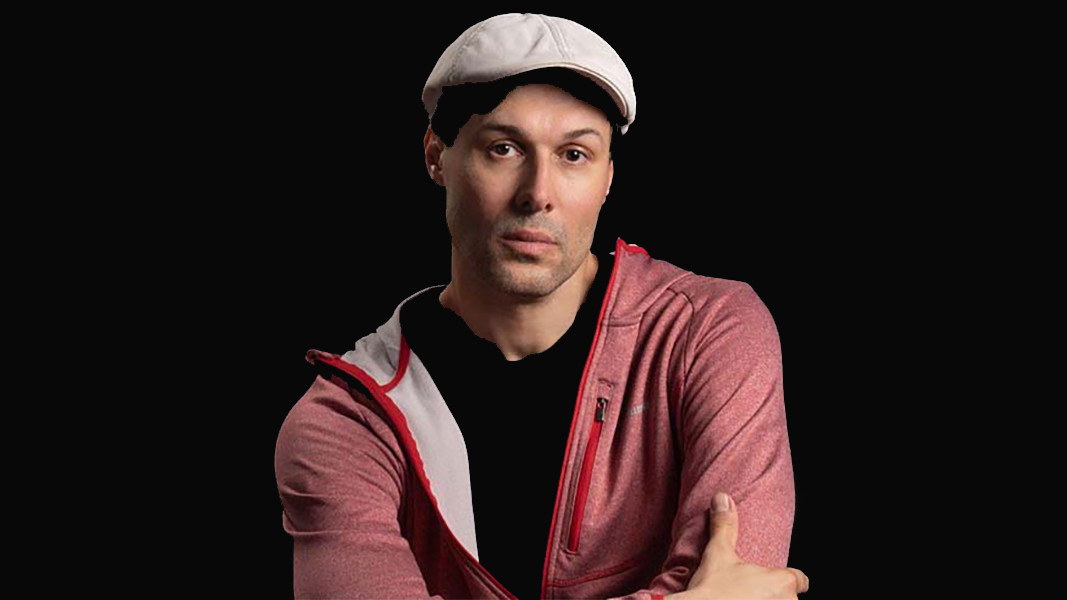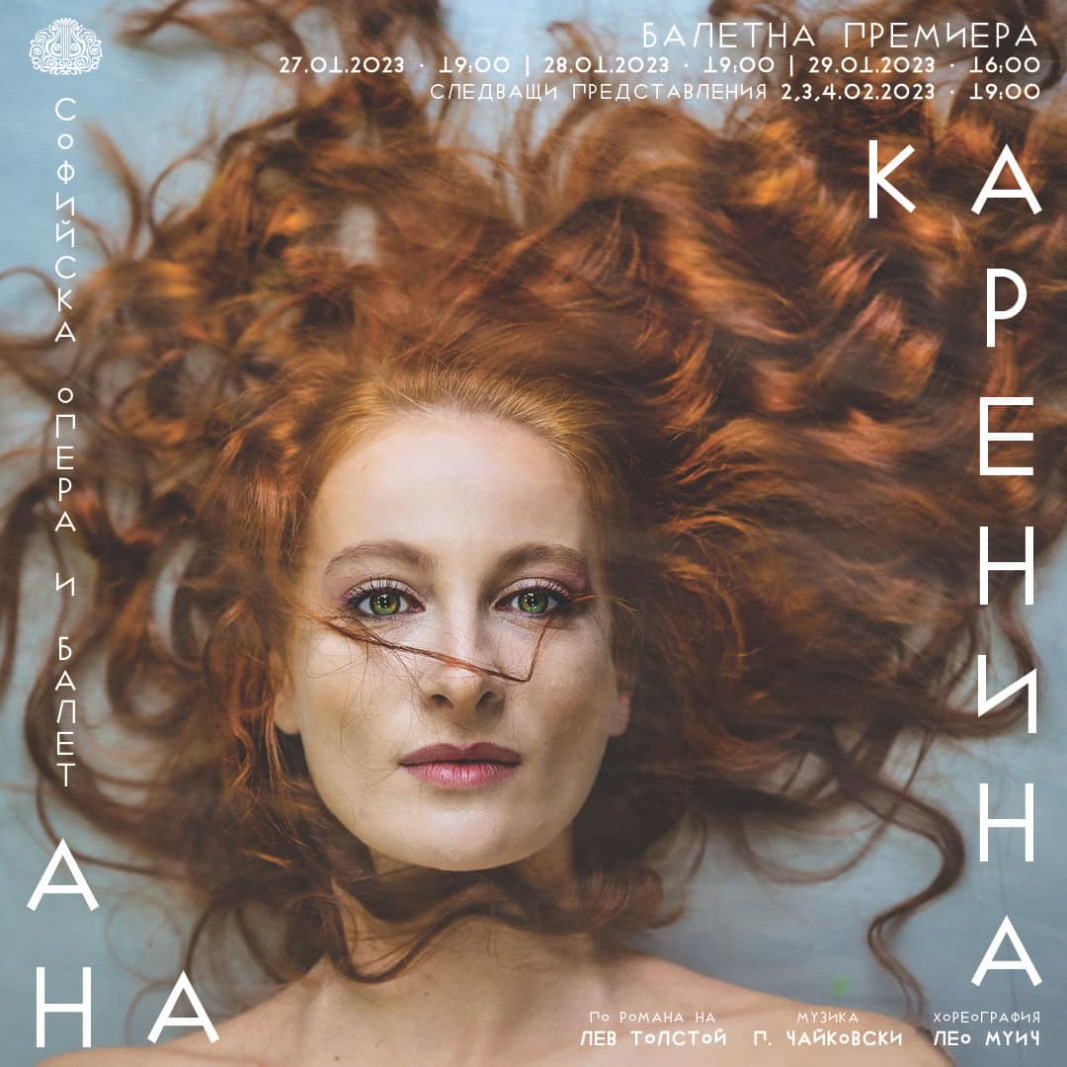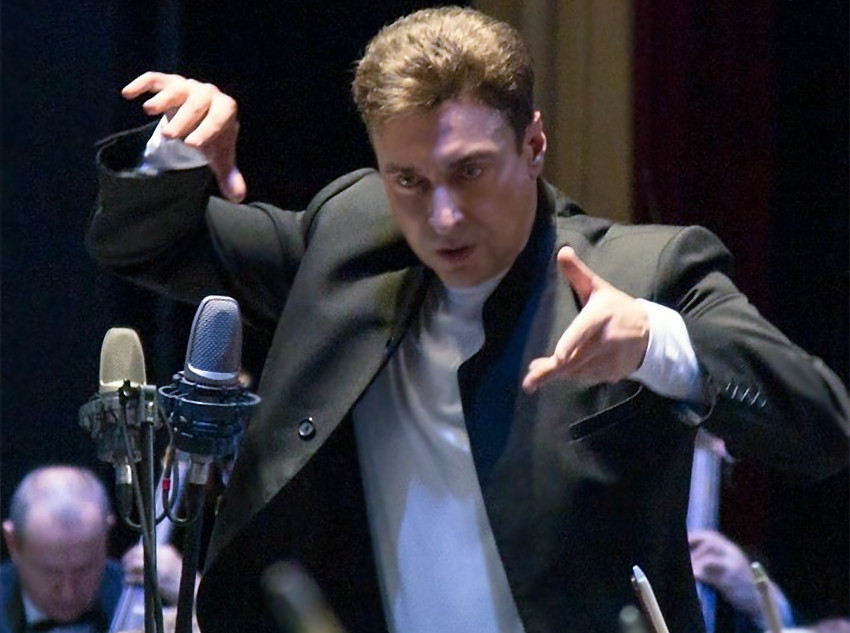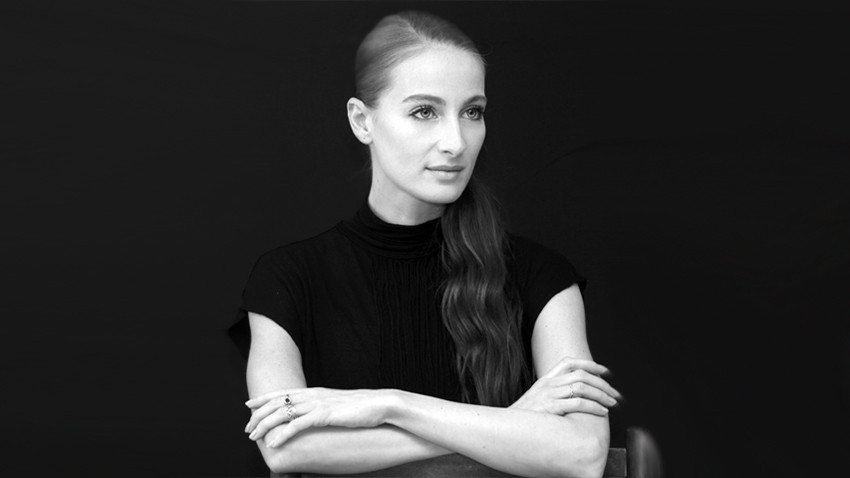
"Anna Karenina", the ballet by the enormously successful Croatian choreographer Leo Mujić, shot like a meteorite into the Bulgarian cultural space last summer. The choreography tailored to Piotr Tchaikovsky's music, and based on the eponymous novel by Leo Tolstoy, was first staged in this country with the Plovdiv Opera and performed at the Opera Open 2022 Festival at Plovdiv's Antique Theatre with the Sofia Opera principal dancers Marta Petkova and Nikola Hadjitanev as guest-stars. In December it was performed in the capital at the National Palace of Culture, and Leo Mujić was invited to stage his work at the Sofia Opera House. There will be six premiere performances of Anna Karenina at the Sofia Opera and Ballet, the first one being on January 27, followed by January 28 and 29, and February 2, 3 and 4.
The audience in Sofia will see a new version of Anna Karenina, with alterations to choreography and a different set design, Leo Mujić explained. You will see a different performance, the choreographer promised.

“I am a relatively young choreographer and I always like to see what people I am working with. Depending on the level of the company, I can work one way or another – said Leo Mujić. - The most important thing is to present the best version under the circumstances. The level of Sofia Ballet is higher than that of Plovdiv, I have a bigger cast, with several excellent soloists, not just Marta Petkova, so I staged a new, technically more challenging version of Ana Karenina. I work with the people I have, I do not clone my choreographies. On top of that when you go to the cinema - if you're watching the same movie, Brad Pitt will be the same Brad Pitt every time. While Marta Petkova, Katya Petrova will never be the same, every performance will be completely different – Mujić pointed out. - We don't have just the protagonists, all the parts are important - of Dolly, Kitty, Levin, Lydia Ivanovna, Vronsky's mother. There are no small parts, there are only small artists.”
The parts of Anna Karenina and her lover count Vronsky will be performed by principal dancers Marta Petkova, Katerina Petrova, Nikola Hadjitanev and Tsetso Ivanov. The performance will feature the violin of Stoimen Peev of the Sofia Quartet, the voices of Alexandrina Stoyanova Andreeva and Violeta Radomirska, and the Orchestra of the Sofia Opera and Ballet conducted by Andrey Galanov.
Besides “Anna Karenina”, first staged for the Croatian National Theatre in Zagreb in 2014, Leo Mujić has also produced “The Great Gatsby”, “Orpheus”, “Scheherazade”, “Dangerous Liaisons”, “A Midsummer Night's Dream”, “Pride and Prejudice”. “I am making Hamlet next year in Zagreb – he said for the BNR. - I love to make ballets which were never made. I'm gonna make Count Monte Cristo, Queen Margot…“
When Leo stages his own ballets, he usually writes the libretto and selects the music.“A successful production is the marriage of the two - the story and the music itself. And I am extremely honored to be that third person in this incredible cooperation between Tolstoy and Tchaikovsky - of course, they don't know they are collaborating, so we just put them together - those two incredible names and my small name next to theirs,” the choreographer explains. For “Anna Karenina” I chose on purpose non-balletic music. It was very difficult to choose the music because I don't have a special musical education - to choose the right music for a certain story so that you have the feeling that this music was made for this story - and it was not!”
Here is what the conductor of “Ana Karenina” maestro Andrey Galanov has to say about Mr. Mujić's choice of music. “The editing of the music is unusual. He had combined different styles - romance, violin concerto, symphony, a programmatic symphony – Manfred. I accept this compilation. I like it. Some may find it arguable, it is understandable. That is good - there should be arguments in the theatre. But I personally like it very much.
Maestro Galanov went on to explain that he loved the dynamic of it, and noted that the combination of different styles of the music goes with different styles in dancing. Tolstoy wrote his book over a large period of time, the conductor reminded, so it was read chapter by chapter, much like today's TV series. “Yes, there are many characters. But in this choreography it is all condensed. The focus is on the tragedy, the conflict,“ he said.
Croatian Cvijeta Schwin, scenographer of the ballet,made some fascinating observations: “Maybe it's also interesting to think about the time when “Anna Karenina” was written - the second half of the 19th century, the period of great changes, lot of innovations happened. The same year the book was written, the first motion picture was made. It's also a time of other discoveries - around that time Pompeii has been unearthed.”
Mr Schwin remembers he was inspired by the discovery that that the statues of Antiquity were not white and idealistic, but they were very colourful. “But it is also important which colours to use for the theatre, so the focus can still remain on the artists. So that's how basically out of research someone can make a stage design for a particular story in a particular time,”
Marta Petkova, the artistic director of the Sofia Opera Ballet, believes that the latest ballet premiere is not only a great addition to the repertoire, but is also valuable for the company in another aspect. "It was very important for the ensemble to be working with someone like Leo Mujić - she said. - I was amazed and blown away when I first worked with him. I have danced all over the world, in many prestigious theatres. But I've never seen anything like his style of work. I can say that the ensemble instantly loved him. He's extremely patient and he works with every one of our artists. He stays in the ballet studio from 11 am till 8 pm. So it was very beneficial for our dancers to have the opportunity to work with him and improve their performance," said Marta Petkova.
Text: Elizabeth RadkovaPhotos: Facebook/SofiaNationalOpera, Facebook/Андрей Галанов, operaplovdiv.bg - Alexander Bogdan Thompson
On November 6 at 4 p.m., an exhibition will open at the Archaeological Exhibition of the Regional History Museum in Burgas on the occasion of the 50th anniversary of the rescue archaeological research by specialists from the Burgas Museum of a rich grave..
Australian author Joanna Murray-Smith is coming to Sofia at the invitation of the Nikolay Binev Youth Theater. She is visiting Bulgaria for the first time between November 5 and 9, 2025 for a specially organized "Panorama of Joanna Murray-Smith", which..
On the eve of one of the brightest Bulgarian holidays – the Day of the National Awakeners, the Bulgarian Cultural Institute in London welcomed the guests of the Bulgarian National Radio in a meeting-conversation with Bulgarian poet Mirela Ivanova,..

+359 2 9336 661
